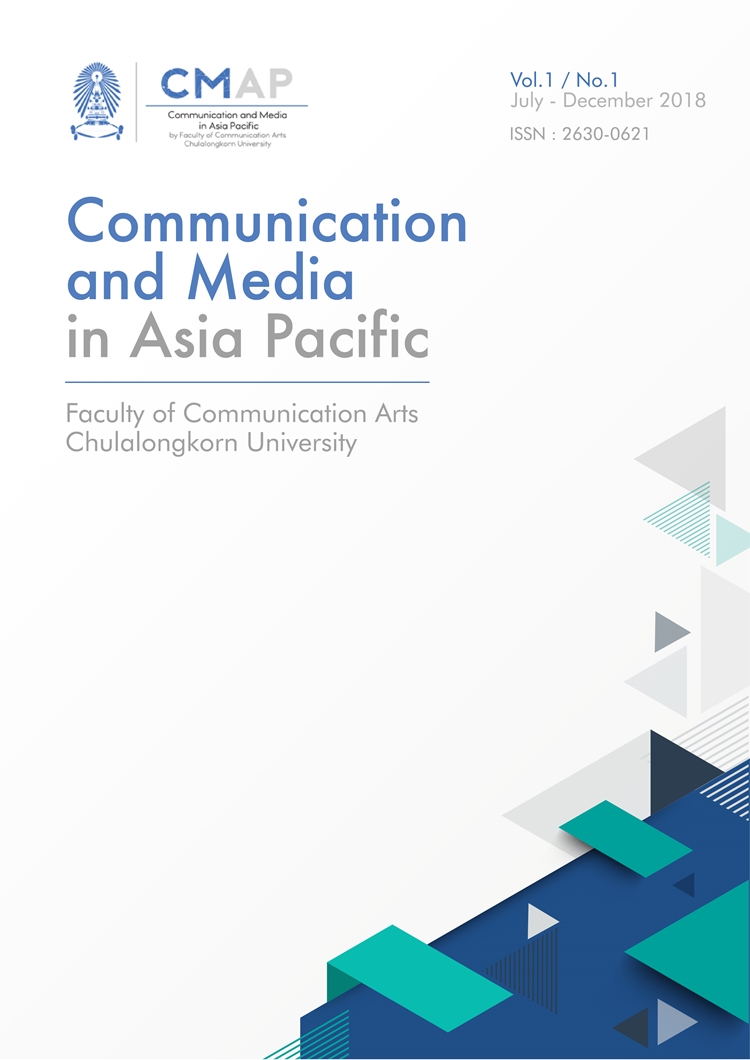A STUDY OF ATTITUDES TOWARDS STIGMATIZATION AND DISCRIMINATION AGAINST HIV-POSITIVE PATIENTS AND AIDS PATIENTS RESIDING IN THE NONG PRUE MUNICIPALITY, NONG PRUE SUB-DISTRICT, BANG LAMUNG DISTRICT, CHONBURI, THAILAND
Main Article Content
Abstract
HIV/AIDS discrimination and stigma has continued for many decades, to impede the enjoyment and realization of human rights across the globe. Although the concept of discrimination and stigma has marshaled widely and spread attention in the HIV/AIDS literature in recent years, attitudes towards HIV positive patients and Aids patients has undermined efforts to eradicate this epidemic both in Thailand and globally. Unless discrimination and stigma towards HIV/AIDS patients is conquered, the disease will not be conquered. Owing to the burden imposed by HIV/AIDS among residents living in the Nong Prue municipality, Nong Prue sub-district, Bang Lamung district, Chonburi, Thailand, an exploratory qualitative research study was completed to reveal the attitudes towards HIV/AIDS patients in this Thai province using the accidental sampling method. The main objectives of the research was to examine (1) attitudes towards HIV-positive patients residing in the Nong Prue municipality, Nong Prue sub-district, Bang Lamung district, Chonburi, Thailand, (2) communication messages that aim to reduce stigmatization against HIV-positive patients and AIDS patients in Thailand, and (3) the relationship between the demographic characteristics of the population, attitudes toward HIV-positive patients and AIDS patients, and attitudes toward communication messages that aim to reduce stigmatization against HIV-positive patients and AIDS patients in Thailand.
The study employed quantitative survey research comprising close-ended questionnaires covering questions on attitudes towards HIV positive patients and AIDS patients. Data was collected from a sample of 400 male and female respondents, who were at least 15 years old and reside in the Nong Prue municipality, Nong Prue sub-district, Bang Lamung district, Chonburi.
Almost half of the respondents, who are disgusted and express discrimination towards HIV-positive patients and AIDS patients agree with campaigns that enable the general population, HIV-positive patients, and AIDS patients to coexist in the society. However, respondents who have children suggest that there should be compulsory HIV testing for all job seekers prior to job application. Respondents aged between 31-45 who have received high school or vocational education and those who have children, do not feel disgust towards HIV-positive patients that do not have symptoms. Concerning the attitudes towards communication messages that aim to reduce stigmatization against HIV-positive patients and AIDS patients, the findings reveal that respondents aged 31-45 agree with the supportive communication message stating that, “People who can live together with those who are HIV-positive are respectable.” Concurrently, respondents who have received high school or vocational education and respondents who have children agree with the discriminative communication message stating that, “Standardized hospitals should separate treatment and medication areas for HIV-positive patients and AIDS patients from other patients.”
There is a significant level of discrimination and stigmatization against HIV positive patients and AIDS patients in the Nong Prue municipality, Nong Prue sub-district, Bang Lamung district, Chonburi, Thailand. Education appears to play a great role in the community with respect to stigmatization and discrimination of HIV/AIDS patients. Although the majority of the community agrees with campaigns that enable HIV-positive patients to coexist with the general population, some groups, especially those who have children and those who have not received college education, still have latent fear that influence them to stay away from HIV-positive patients. Meanwhile, students and middle-aged people see the importance of living together and being open-minded to new knowledge in this matter. The Department of Disease Control together with other relevant sectors should continually educate the society with candid information on HIV/AIDS, to lower discrimination and stigma towards HIV positive and AIDS patients.


